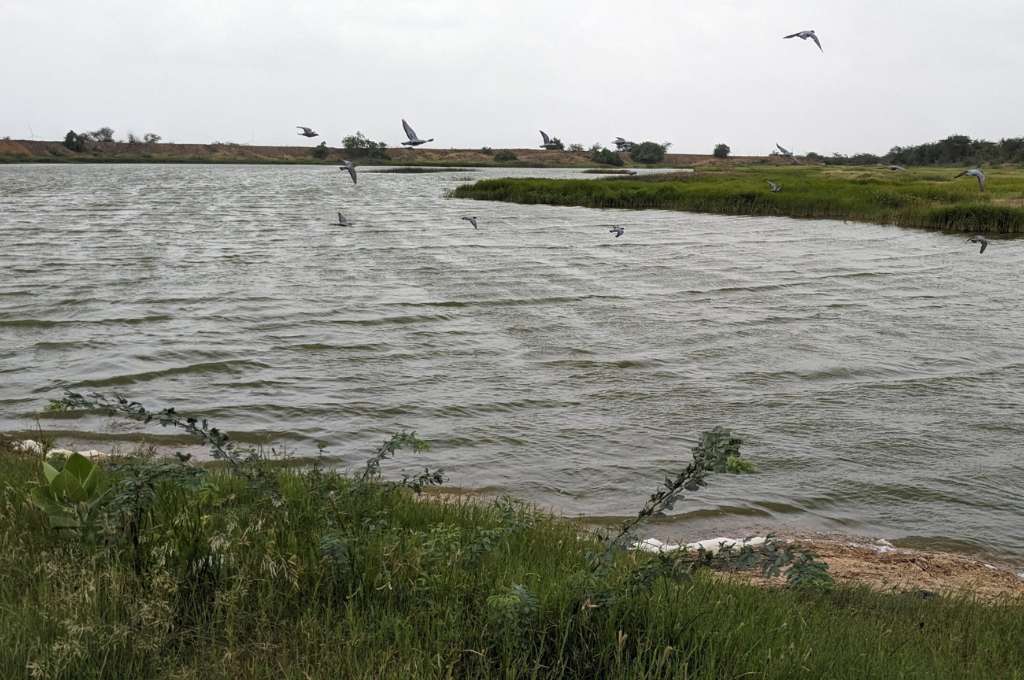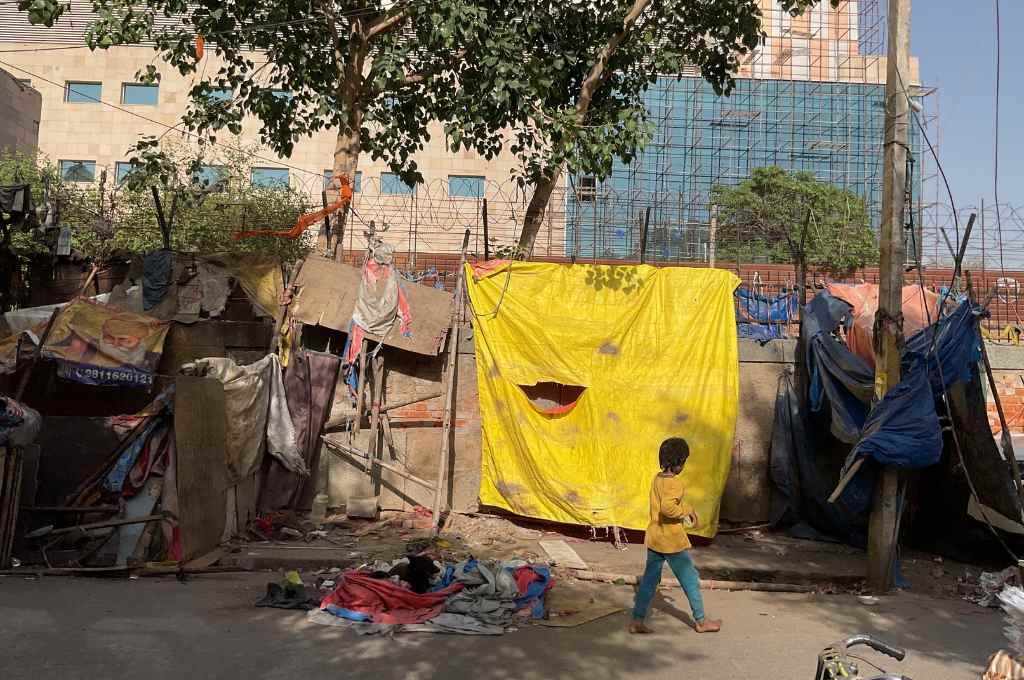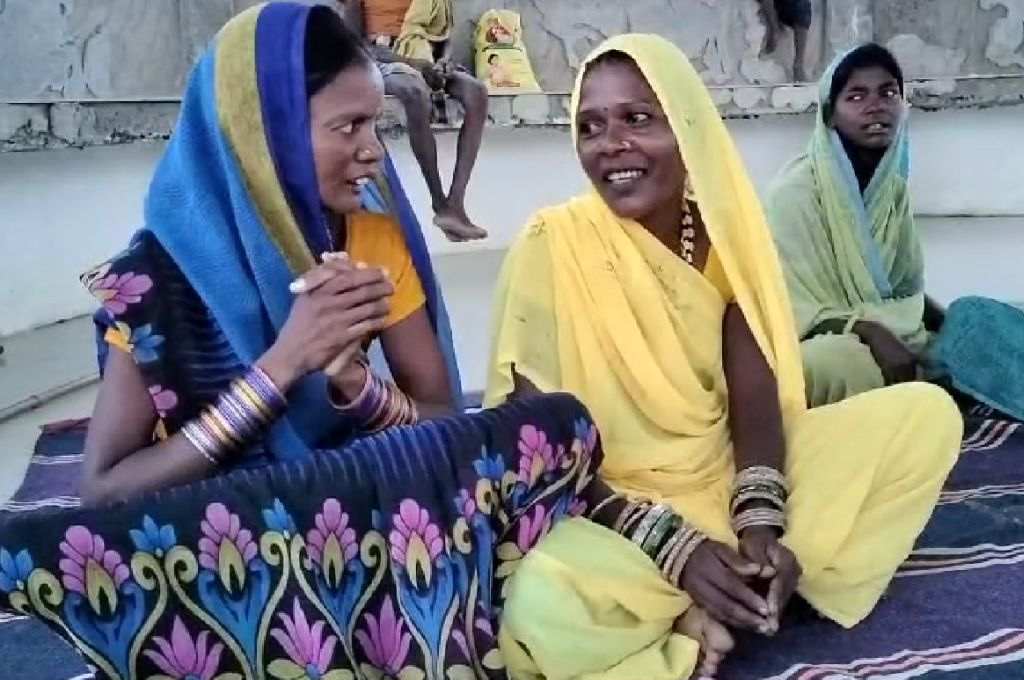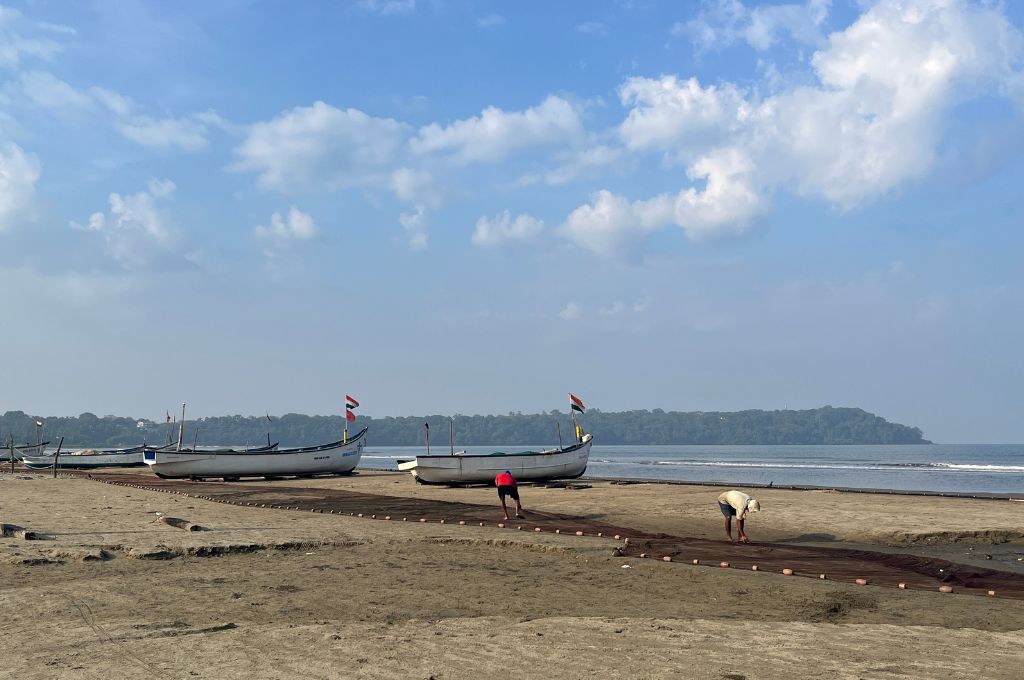READ THIS ARTICLE IN
How caste biases can impact skilling programmes
In 2011 I was working with the Rajasthan Skill and Livelihoods Development Corporation (RSLDC) on a skill development programme. It was a huge project, spread across 21 districts of Rajasthan, to train youth in hospitality. One of the districts was Jodhpur, where we were working in an area largely made up of an upper-caste population. We set up a training centre there but had not spent time surveying the communities in the region. As a result, we were ill-prepared for what transpired.
Once the centre was ready, boys and girls started pouring in. But soon they realised that working in hospitality also means cleaning rooms and common spaces. While they were excited about the prospect of working at a hotel, they did not know that it involved doing a wide range of work—all of which was mandatory. Ninety percent of the trainees ended up dropping out. The reason: Their caste did not permit them to clean.
These are the harsh realities that exist within communities. While nonprofits running skill development programmes must be aware of these norms, they must also work with communities to change the attitudes that hold them back. In this case, it would be having a conversation with the community about dignity of labour.
Ajit Singh is the founder of Anant Learning and Development Pvt. Ltd.
—
Know more: Read about what the Indian youth looks for in a job.
Do more: Connect with the author at [email protected] to understand more about and support his work.



